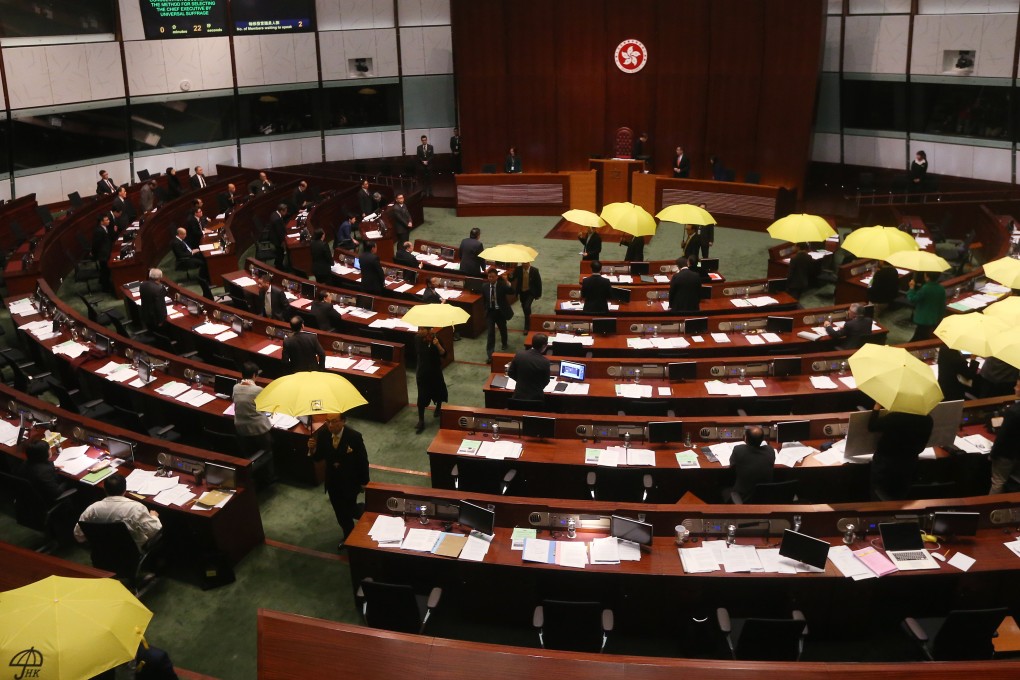Time to tackle political issues of lobbying, special access and influence
Time to tackle Hong Kong's real political issues of lobbying, access and the traffic of influence

Policymakers and residents alike are still reeling from the results of recent attempts to reform the city's election laws.
Yet, the yellow umbrellas, legislative clashes and endless debates miss the point. No matter how our public officials are elected or appointed, they can still act for some at the expense of many. Beneath the anti-corruption radar lies a web of personal relationships and influence trading that hurts us all. At the centre of that web lies a beast known as lobbying and the traffic of influence.
How does special access to lawmakers and other politicians affect us? Consider high-profile cases of influence peddling, from former chief executive Donald Tsang Yam-kuen's alleged acceptance of tycoons' gifts, to lawmaker "Long Hair" Leung Kwok-hung's supposed decline of bribes-for-votes. Yet, Hong Kong represents one of the upper-income jurisdictions with the worst record in legislating against the use of personal relations for private gain. After all, why criminalise a tried-and-true area of corruption outside of the graft-busters' purview?
Who knows just how chats over dim sum took place to mould the Motion Concerning the Amendment to the Method for the Selection of the Chief Executive of the Hong Kong Special Administrative Region? Officials do not need to report their chats, whether in their offices or in a Conrad meeting room. Behind each of these motions may lie hundreds of meetings, written submissions, phone calls and other "touches" made to executive and legislative officials alike.
Evidently, unequal access to public officials leads to rampant inequality. The range of councils that advise the government clearly give preferential influence to some. According to World Bank data, Hong Kong's "political accountability" is at half of its rich-country peers. A lack of transparency gives some people more lobbying power than others.
For the past three years, my colleagues and I have looked at ways of making the city a more attractive financial centre. Levelling the political playing field represents a part of that reform. Most rich jurisdictions have laws about lobbying. France binds officials in regulations. The Americans pile rules on top of rules - for both the politician and the person meeting him or her. Hong Kong has inherited Britain's laissez-faire self-regulation. Yet, severe lobbying improprieties in Britain led a former head of the lobbying sector's self-regulating body to quit. Britain represents no model for Hong Kong.